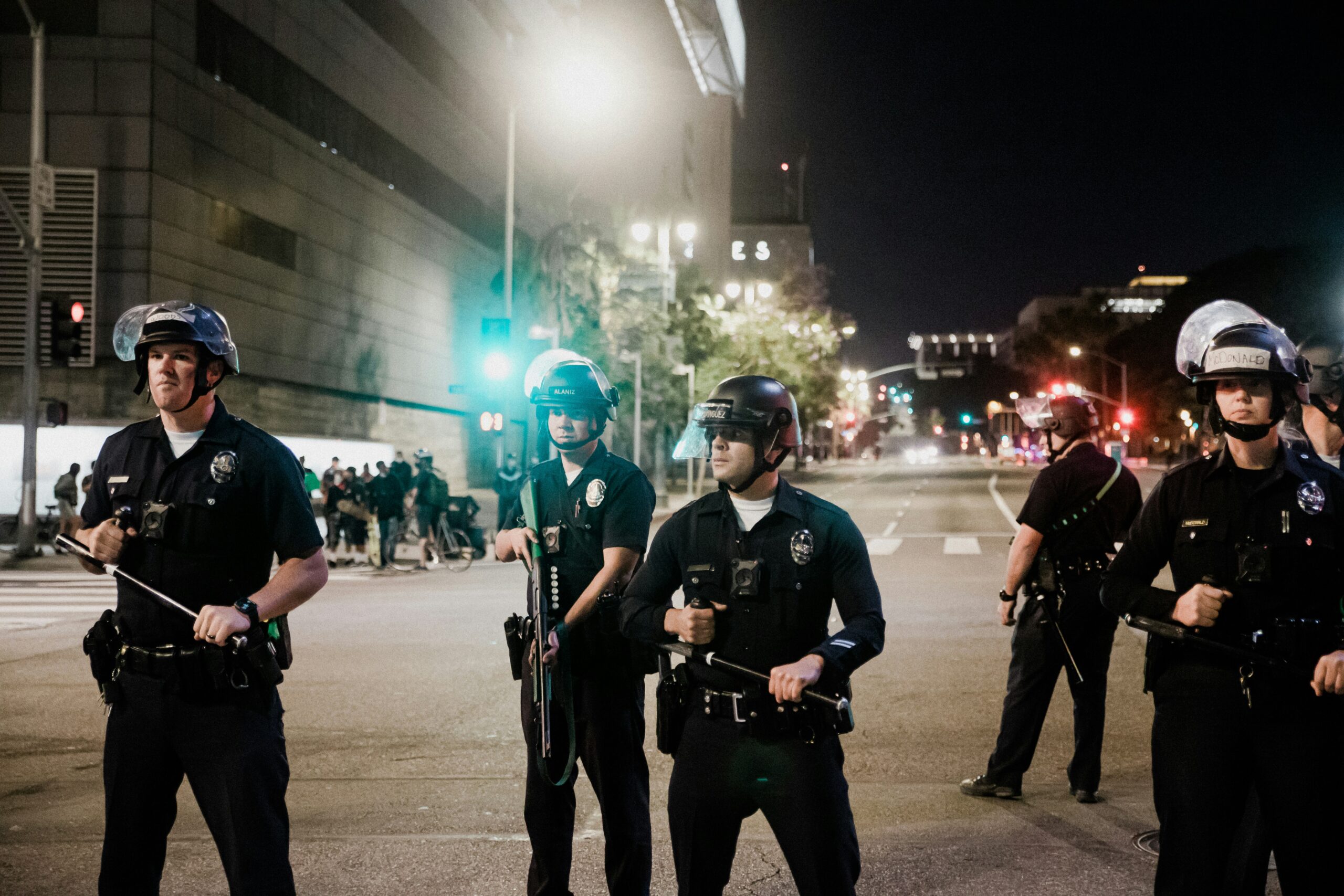
Internal affairs units play a crucial role in maintaining accountability and integrity within law enforcement agencies. By overseeing police conduct and investigating allegations of misconduct, these units ensure that officers adhere to the highest standards of professional ethics. Their work is vital to fostering public trust and ensuring that law enforcement agencies operate transparently and responsibly.
The Purpose and Function of Internal Affairs
The primary purpose of internal affairs is to investigate allegations of misconduct within law enforcement agencies. These can range from minor infractions, such as tardiness or inappropriate behavior, to more serious allegations involving corruption, brutality, or abuse of power. By conducting these investigations, internal affairs ensures that officers are held accountable for their actions, promoting a culture of professionalism and ethical conduct.
Moreover, internal affairs not only investigates complaints but also monitors police procedures and actions to detect potential issues before they become systemic problems. These proactive measures help identify patterns of misconduct and corruption, allowing departments to intervene early. As a result, internal affairs plays an essential role in preventing long-term damage to an agency’s reputation and public trust.
Internal Affairs and Public Trust
The relationship between law enforcement agencies and the communities they serve is built on trust. When members of the public feel that police officers are above reproach and act with integrity, they are more likely to cooperate with law enforcement efforts. Conversely, when misconduct goes unchecked, it erodes trust and damages the relationship between officers and the community.
Internal affairs units help maintain this trust by ensuring transparency within law enforcement agencies. When an officer is investigated for misconduct, internal affairs provides an impartial investigation to determine whether the actions were justified or if disciplinary measures are necessary. This transparency assures the public that law enforcement agencies are not shielding officers who engage in unethical behavior, which fosters confidence in the justice system.
The Challenges Faced by Internal Affairs
Despite the importance of internal affairs, these units often face significant challenges in their work. One of the most prominent difficulties is the potential for conflict of interest. Internal affairs is part of the same department it oversees, which can lead to questions about impartiality. Officers who work in internal affairs may face pressure from colleagues or superiors, which could affect their ability to investigate cases fairly and thoroughly.
Additionally, internal affairs units often struggle with limited resources. Investigations into police misconduct can be time-consuming and require a considerable workforce. In some cases, a lack of funding or personnel limits the ability of internal affairs to conduct thorough investigations, potentially allowing misconduct to go unaddressed.
Internal Affairs and Reform in Law Enforcement
As law enforcement agencies continue to face calls for reform, the role of internal affairs has become even more significant. In recent years, there has been increasing scrutiny of police conduct, particularly regarding issues such as excessive use of force, racial profiling, and corruption. Internal affairs units have become more central in ensuring that officers are accountable for their actions and that departments take meaningful steps to improve their practices in this climate.
Reforms in internal affairs processes can lead to a more transparent and effective system of accountability. For instance, many departments are now implementing independent review boards to oversee investigations into police misconduct, ensuring that the process is impartial. Additionally, some agencies are introducing better training for internal affairs investigators, equipping them with the necessary skills to handle sensitive cases and enhance the overall integrity of investigations.
The Importance of Strong Leadership in Internal Affairs
Effective leadership within internal affairs is crucial to the success of these units. Leaders in internal affairs must possess not only a strong understanding of law enforcement practices but also a commitment to fairness and transparency. Strong leadership helps mitigate the challenges posed by conflicts of interest and resource constraints, ensuring that internal affairs units can carry out their duties without undue influence.
Leaders within internal affairs must also foster a culture of accountability within their departments. By setting high standards for their conduct, these leaders can demonstrate the importance of integrity and professionalism, which sets the tone for the rest of the department. When officers see that their leaders are committed to fairness and transparency, they are more likely to follow suit.
The Impact of Internal Affairs on Law Enforcement Practices
Ultimately, the work of internal affairs has a profound impact on the overall effectiveness of law enforcement agencies. When officers are held accountable for their actions, it encourages others to adhere to ethical standards and make informed decisions in the future. Moreover, by investigating and addressing misconduct, internal affairs ensures that law enforcement agencies remain trusted and effective institutions within society.
Without internal affairs, law enforcement agencies would lack a crucial mechanism for ensuring accountability. While the job can be challenging and often thankless, the role of internal affairs remains central to the health and integrity of the police force. As law enforcement continues to evolve, internal affairs will remain a key element in ensuring that officers uphold the law, respect human rights, and protect the public.
Internal affairs units are vital to maintaining the integrity of law enforcement agencies. They provide an essential check on police conduct, help ensure accountability, and work to maintain public trust. As law enforcement agencies face increasing scrutiny, the role of internal affairs has never been more critical. By promoting transparency and fostering a culture of integrity, internal affairs ensures that law enforcement remains a trustworthy and effective institution.